 In her book “Infidel,” Ayaan Hirsi Ali acknowledges several people who made it possible for her to survive the Islamic tribalism she grew up under in Africa, to escape to Holland after her father arranged for her to marry a man she didn’t love and to prosper thereafter. But if I were to cite one overriding factor that saved her, it would be the Western novels she read.
In her book “Infidel,” Ayaan Hirsi Ali acknowledges several people who made it possible for her to survive the Islamic tribalism she grew up under in Africa, to escape to Holland after her father arranged for her to marry a man she didn’t love and to prosper thereafter. But if I were to cite one overriding factor that saved her, it would be the Western novels she read. Throughout “Infidel,” Ali brings up these books again and again, particularly in regard to love, sex and marriage. To understand their impact, it’s important to recognize the mind-numbing, repressive culture she had to endure. Ali was born in Somalia to religious, clannish Muslim parents, and her mother taught her to memorize old chants of war and death, raids, and camel herding, and female Somali poetry that never mentioned love, which is, she writes, “considered synonymous with desire, and sexual desire is seen as low — literally unspeakable.”
Fortunately, Ali and her family moved to non-Muslim Kenya, where she attended a British colonial-based school and learned English. There she read “1984,” “Huckleberry Finn,” “Wuthering Heights” and tales by the Brothers Grimm and Hans Christian Andersen.
“Later on there were sexy books: Valley of the Dolls, Barbara Cartland, Danielle Steele,” she writes. “All these books, even the trashy ones, carried with them ideas — races were equal, women were equal to men — and concepts of freedom, struggle, and adventure that were new to me.”
Here are some other excerpts:
“[T]he spark of will inside me grew even as I studied and practiced to submit. It was fanned by the free-spirited novels … Most of all, I think it was the novels that saved me from submission. I was young, but the first tiny, meek beginnings of my rebellion had already clicked into place.”
“I always found it uncomfortable to be opposed to the West. For me, Britain and America were the countries in my books where there was decency and individual choice.”
“I knew that another kind of life was possible. I had read about it … [T]he kind of life I had always wanted, with a real education, a real job, a real marriage … I wanted to become a person, an individual, with a life of my own.”
“Infidel” is a great study for someone who would like to (further) concretize the crucial, life-sustaining role that art plays in man’s life.
Joseph Kellard is a journalist and columnist living in New York.
Please post comments about this article. For inquiries about Joseph Kellard’s writing services, email him at: Theainet1@optonline.net.

























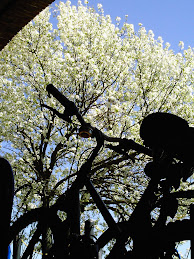



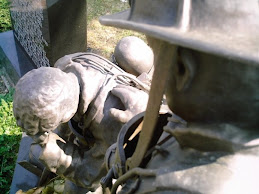
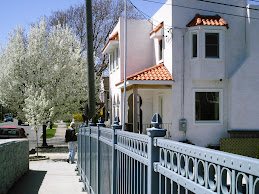
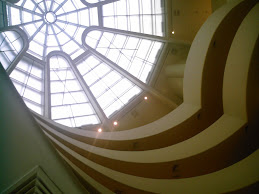+-+June+2009.jpg)


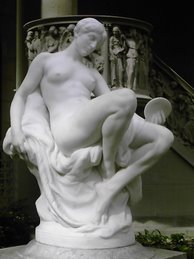


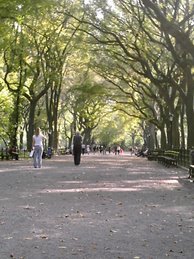


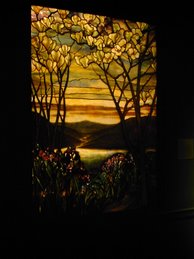


4 comments:
Thank you for your account of the influence of Western books on Ali. It is a reminder to all objective writers that what they write has effects, but in ways the writer might not even be able to imagine.
Thanks for this discussion.
"I wanted to become a person, an individual with a life of my own."
That is an extremely touching and perceptive statement. I get very tired of hearing that are cultures are equal. That statement puts the lie to such cant as only a first person statement can!
I am going to see about reading Infidel.
Burgess, thank you for your comment to my post.
The same to you, Elisheva. As my post suggests, I do highly recommend reading "Infidel." I found it quite an inspiring story.
Joseph Kellard
“I knew that another kind of life was possible. I had read about it … [T]he kind of life I had always wanted, with a real education, a real job, a real marriage … I wanted to become a person, an individual, with a life of my own.”
Elisheva is right, that is an incredibly touching quote. Started to bring tears to my eyes.
And THIS is the woman who receives death threats all the time from Islamists. For what crime? Wanting to live, plain and simple.
What an incredible woman.
Post a Comment